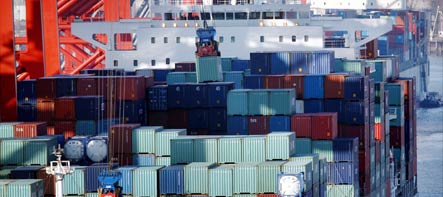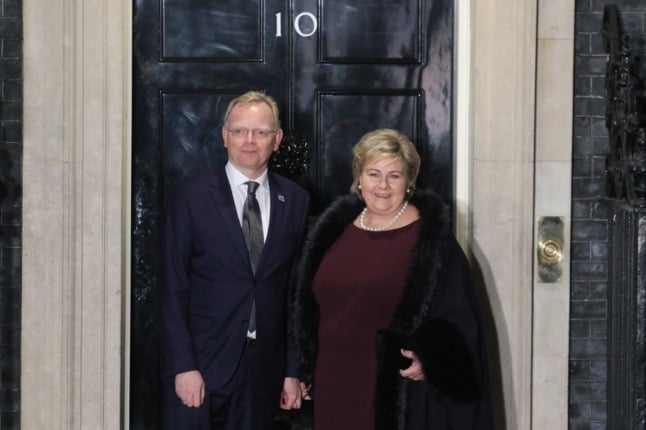Destatis reports that the world’s third largest economy increased exports by 13.9 percent to €89.8 billion in the last year from the previous year.
Imports rose by 11.7 percent to €71 billion during the same time period.
The month of March had an increase in exports of just 1.2 percent, while imports sank by 2.1 percent.
The country’s export trade surplus closed in April at €18.7 billion, compared to €15.2 billion in the previous year, well above analyst forecasts despite slowing economic activity.
The positive trade figures contrast with industrial production data released on Friday that showed a surprise decrease in April. Industrial orders are also down for the fifth straight month. This combination could mean the economy is headed for a slowdown despite strong numbers in the first quarter.
afp/ddp



 Please whitelist us to continue reading.
Please whitelist us to continue reading.